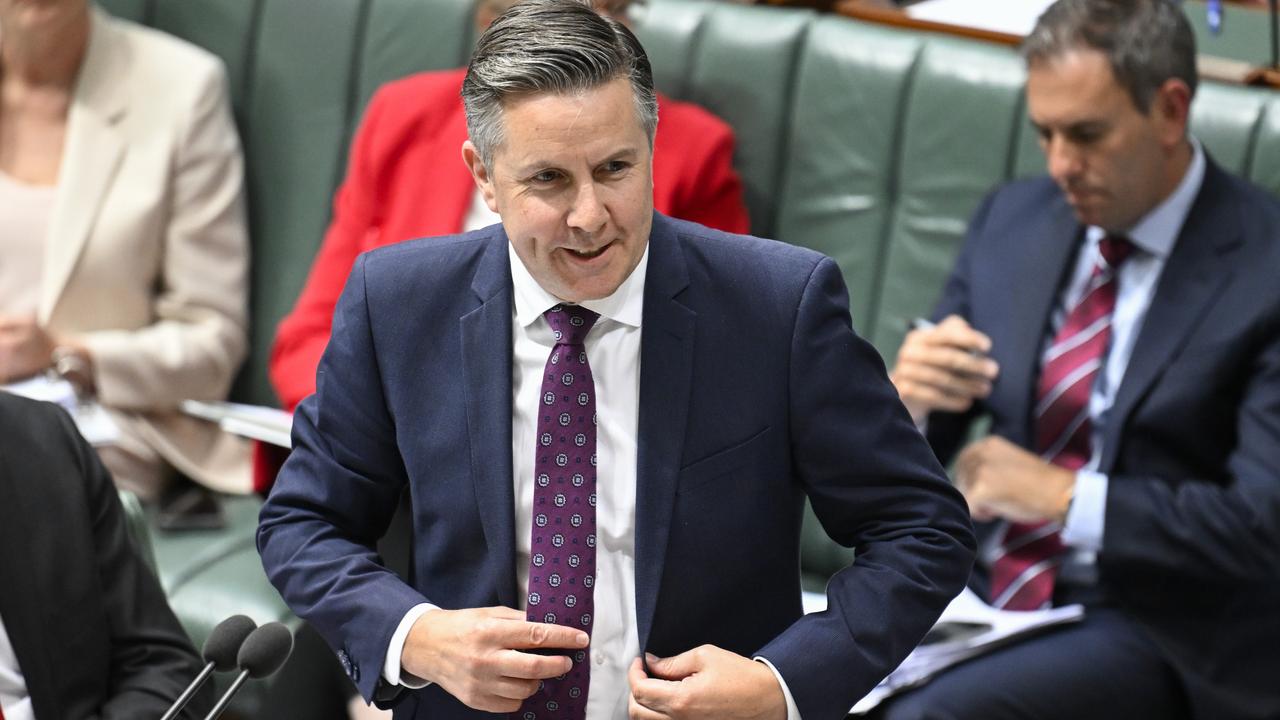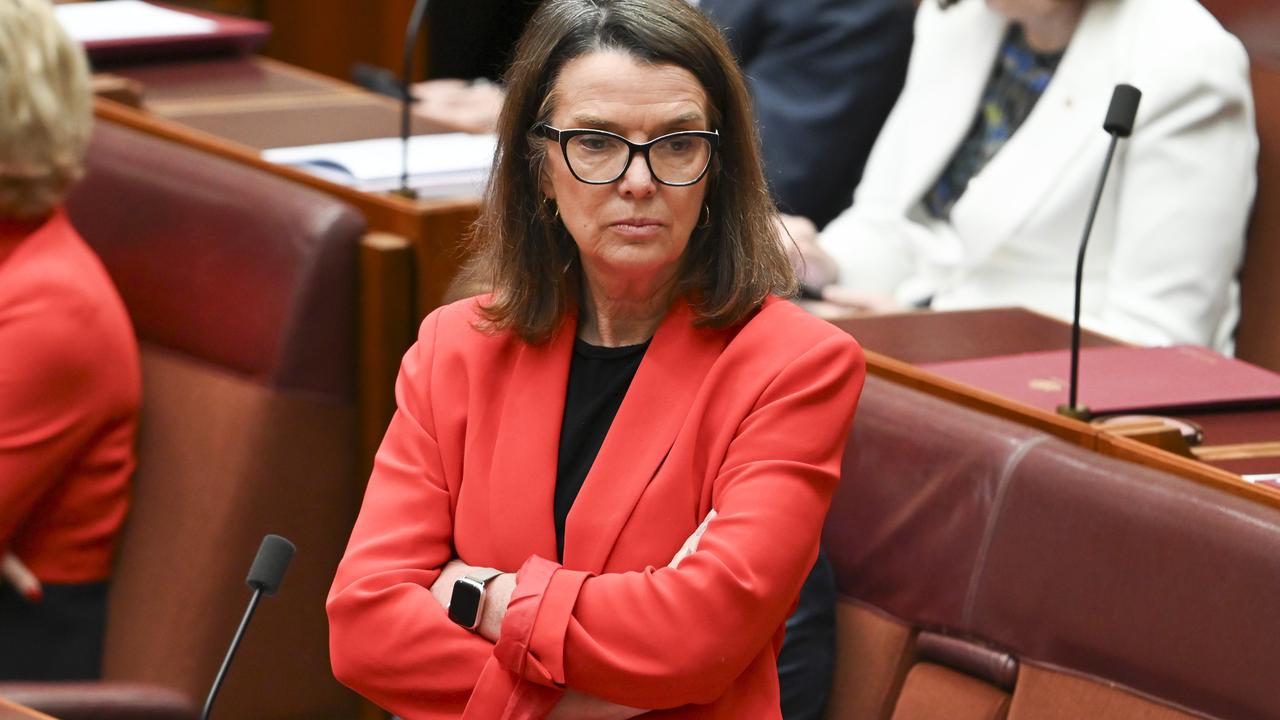Health Department gives Labor a ‘fail’ as Medicare subsidised mental health access goes backwards
Fewer Australians are getting Medicare psychology appointments than before Labor halved the number of subsidised sessions to boost access.
Mental Health
Don't miss out on the headlines from Mental Health. Followed categories will be added to My News.
Fewer Australians are accessing Medicare psychology appointments than before Labor halved the number subsidised sessions for each patient on the promise it would allow more people to get support.
The number of new patients accessing the psychology sessions was 700,840 in 2023-24 — a drop of about 8000 people compared to the previous financial year — while overall rate of Australians getting appointments went backwards slightly to 2.71 million people, according to the Productivity Commission.

The backsliding in access comes amid expert warnings of soaring demand for services, and debunks the Albanese Government’s claims that its policy decisions would increase the overall number of new patients getting at least some subsidised psychology support.
The new figures show there has been no uptick in availability of sessions for new patients since Labor opted not to extend the Coalition’s Covid-era policy of granting all Australians up to 20 subsidised psychology sessions a year, letting access drop back to 10 sessions at the end of 2022.
It can also be revealed the Department of Health gave Labor a “fail” mark for its goal of increasing access to Medicare-subsidised mental health supports in its annual report for 2023-24.
The department found the number of sessions accessed decreased by 2984 places per 100,000 population in the 12 months to June 2024.

Coalition health spokeswomen Anne Ruston said it was “really concerning” to see access to Medicare mental health support has “hit the lowest point in at least 10 years” at a time when demand was “skyrocketing”.
“Clearly, the government’s bizarre explanation they cut the initiative to improve access for more patients was not only disingenuous, but it was wrong,” she said.
Ms Ruston said it was more important than ever before to ensure Australians had access to the mental health support they needed.
“We know that affordable access to primary care support, particularly for more complex mental health conditions, is critical to preventing worse outcomes for patients and taking pressure off hospitals,” she said.

“It was outrageous to see the government cut access to Medicare mental health sessions in the middle of a cost-of-living crisis and at a time when we know mental health should be a priority.”
Health Minister Mark Butler said doubling the number of subsidised sessions without doubling the number of psychologists would create a “bottleneck” in the system.
“Mental health experts warned that would happen, and that’s exactly what did happen: tens of thousands of Australians were locked out of getting any help at all,” he said.
“That’s why our government is investing in training more psychologists, with hundreds more scholarships, internships and expanded psychology courses.”
Mr Butler said even after Medicare subsidies, costs could still be a “barrier” to Australians seeing a psychologist, which was why the government was rolling out 61 free walk-in Medicare Mental Health Centres nationally.
“We have also made record investment in creating a new National Early Intervention Service which should be operational by 2026.”
More Coverage
Originally published as Health Department gives Labor a ‘fail’ as Medicare subsidised mental health access goes backwards









